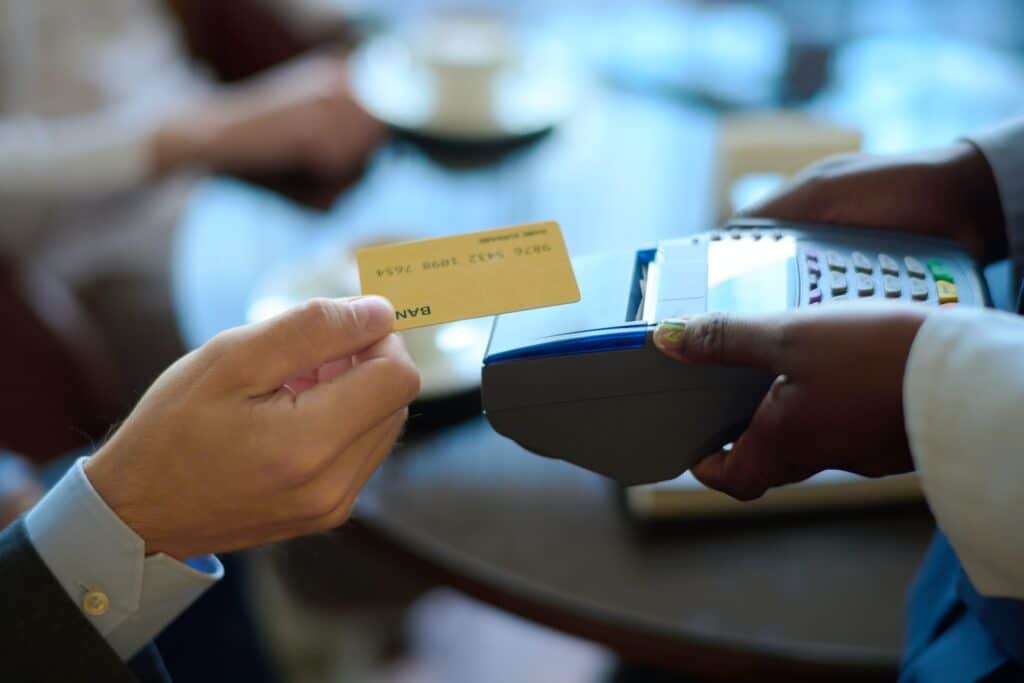Foreign exchange is a term that most people have heard of but few understand. It’s a critical aspect of business travel, as it involves exchanging one currency for another and can significantly impact the cost of your trip.
Here are six things you need to know about foreign exchange for business trips.
1. Exchange Rates
Exchange rates are the most important aspect of foreign exchange. These rates determine the value of one currency in relation to another. Exchange rates can fluctuate rapidly due to many factors, such as political events, economic indicators, and global events.
Exchange rates can either be fixed or floating. In a fixed exchange rate system, a country’s government fixes its currency’s exchange rate to another currency or a basket of currencies. In a floating exchange rate system, the exchange rate of a currency is determined by the market forces of supply and demand.
2. Currency Conversion
Currency conversion is the process of exchanging one currency for another. This can be done through banks, foreign exchange brokers, or online currency exchange services. When converting currencies, knowing the exchange rate and any associated fees is important. Some services offer better exchange rates than others, so it’s worth shopping for the best deal.
It’s also important to note that the exchange rate you see online or in the news may not be the same rate you get when exchanging currency. This is because banks and exchange services add a markup to the exchange rate to cover their costs and make a profit.
3. Credit Cards
Credit cards are a popular way to pay for travel expenses and can be used for foreign exchange. However, being aware of any foreign transaction fees associated with your credit card is important. These fees can add up quickly, so it’s worth checking with your credit card company before you travel to understand the fees.
4. ATMs
ATMs are another popular way to access cash while traveling. However, being aware of any foreign transaction fees associated with your ATM card is important. In addition, some ATMs may charge a fee for withdrawals, so it’s worth checking with your bank before you travel to understand the fees.
5. Traveler’s Checks
Traveler’s checks are a secure way to carry money while traveling, as they can be replaced if lost or stolen. However, they are becoming less popular due to the prevalence of credit cards and ATMs. In addition, traveler’s checks may be subject to fees and a less favorable exchange rate than other foreign exchange methods.
6. Budgeting
When traveling for business, it’s important to budget carefully for your expenses. Exchange rates can have a significant impact on your budget, as they can fluctuate rapidly. To minimize the impact of exchange rate fluctuations on your budget, it’s important to monitor exchange rates regularly and adjust your budget accordingly.
Conclusion
By understanding exchange rates, currency conversion, credit cards, ATMs, traveler’s checks, and budgeting, you can make informed decisions about foreign exchange and minimize the impact of exchange rate fluctuations on your budget. With careful planning, you can ensure that your business trip is a success, regardless of the currency exchange rate.
Are you looking for hassle-free corporate accommodations for your crew travel needs in the USA, Canada, and Mexico? At Globeo, our online booking portal and 24/7 concierge service make finding and booking comfortable lodging options easy, while our comprehensive reporting helps you stay within budget. Contact us today to learn more!



